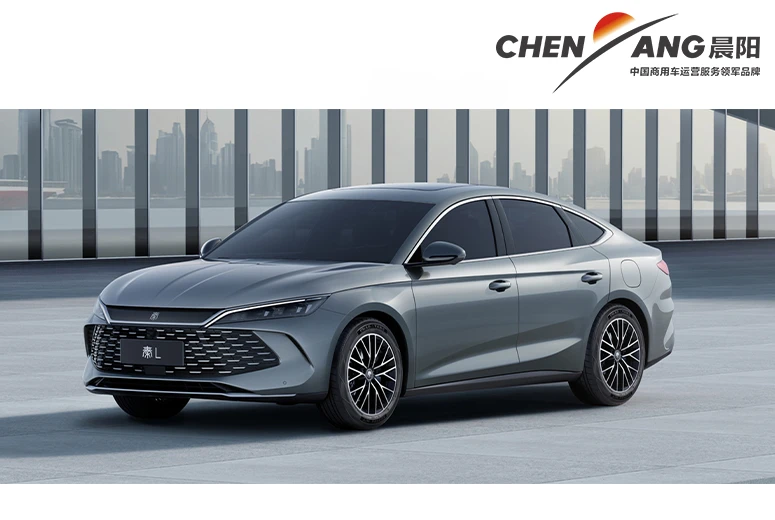new trucks
The Future of Mobility New Trucks Transforming the Industry
In recent years, the trucking industry has undergone a significant transformation, marked by the introduction of new trucks that are changing the landscape of freight transportation. These innovations are not just limited to aesthetics but also extend to performance, efficiency, and sustainability. As a critical component of the global supply chain, the evolution of truck technology holds profound implications for businesses, the environment, and consumers alike.
One of the most prominent trends in new trucks is the integration of advanced technology
. Modern trucks are equipped with sophisticated systems that enhance safety and efficiency. Features such as automatic braking, lane-keeping assistance, and adaptive cruise control significantly reduce the likelihood of accidents, making roads safer for both truck drivers and other motorists. Moreover, these intelligent systems help truck operators optimize their routes and fuel consumption, leading to reduced operational costs and a lower carbon footprint.Fuel efficiency has become a crucial focus for truck manufacturers. Traditional diesel engines are now being supplemented or replaced by alternative fuel sources such as natural gas, electricity, and hydrogen. Electric trucks, for instance, are becoming increasingly popular due to their zero emissions and lower operating costs over time. Companies like Tesla, with its all-electric Semi, have sparked interest in electric trucking, while established brands like Volvo and Freightliner are also expanding their electric lineups. These innovations not only contribute to cleaner air but also help companies comply with stricter environmental regulations.
new trucks

The evolution of new trucks also encompasses the use of telematics, which involves the integration of communication and monitoring systems into vehicles. Fleet managers can now track real-time data on vehicle performance, driver behavior, and cargo conditions. This level of insight allows for better decision-making and resource allocation. By analyzing this data, businesses can improve fuel efficiency, maintenance schedules, and overall operational performance. Additionally, telematics can enhance security by providing location tracking and alerts for unauthorized access, helping to reduce cargo theft.
Another exciting development in the field of trucking is the advancement of autonomous vehicles. While fully autonomous trucks are still in the testing phase, companies are making significant strides in incorporating automation in various aspects of trucking operations. From automated driving features to driver assistance technologies, the future holds promise for increased productivity and reduced driving fatigue. Autonomous trucks could potentially address the long-standing issue of driver shortages in the industry, providing a reliable solution for transportation logistics.
The shift towards new trucks also aligns with the industry's growing emphasis on sustainability. Many truck manufacturers are committed to reducing their environmental impact and have set ambitious goals for carbon neutrality. This shift is not just beneficial for the planet; it is also becoming a competitive advantage. Consumers are increasingly favoring brands that prioritize sustainability, which has prompted companies to invest in greener technologies and practices.
In conclusion, the introduction of new trucks is revolutionizing the logistics and transportation landscape. With advancements in technology, fuel efficiency, telematics, and automation, the trucking industry is not only becoming more efficient but also more sustainable. As these innovations continue to develop, they promise to enhance the safety and reliability of freight transport, addressing pressing challenges like environmental concerns and driver shortages. The future of trucking looks bright, paving the way for a more connected, efficient, and eco-friendly transportation system that will benefit businesses and society as a whole.
-
SINOTRUK HOWO 84 Electric Dump Truck for Eco-Friendly Heavy HaulingNewsJul.26,2025
-
The Fast 16-Gear Manual Transmission Assembly for Heavy TrucksNewsJul.25,2025
-
Mercedes Benz Actros 1848 42 Tractor Truck for Sale - Reliable PerformanceNewsJul.24,2025
-
High-Quality Water Pump Assembly for Sinotruk Trucks – Durable & ReliableNewsJul.23,2025
-
Premium Truck Engine Antifreeze Coolant Fluid for Heavy Duty VehiclesNewsJul.22,2025
-
FOTON View G7 Mini Bus: Affordable & Spacious TransportNewsJul.22,2025
Popular products

























